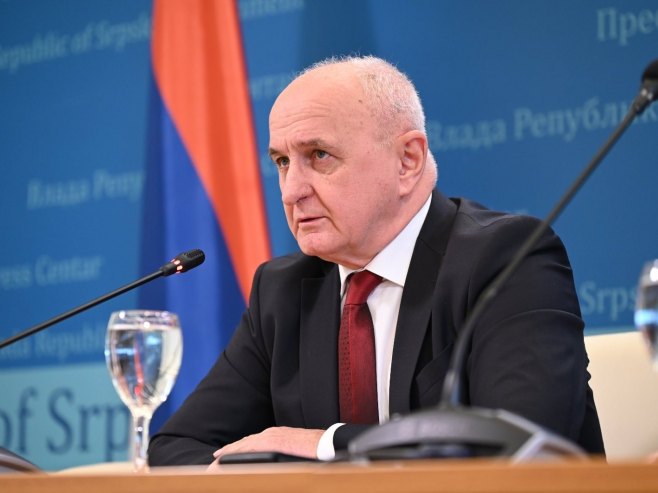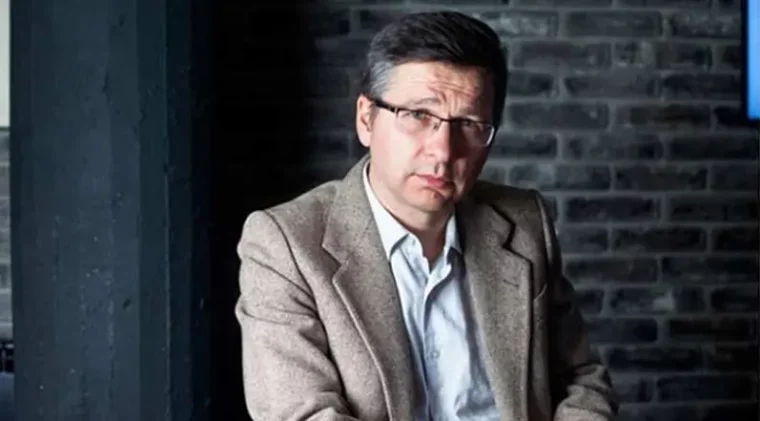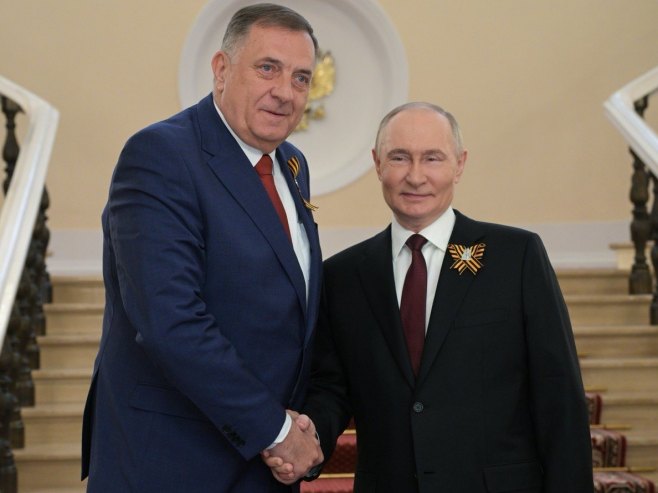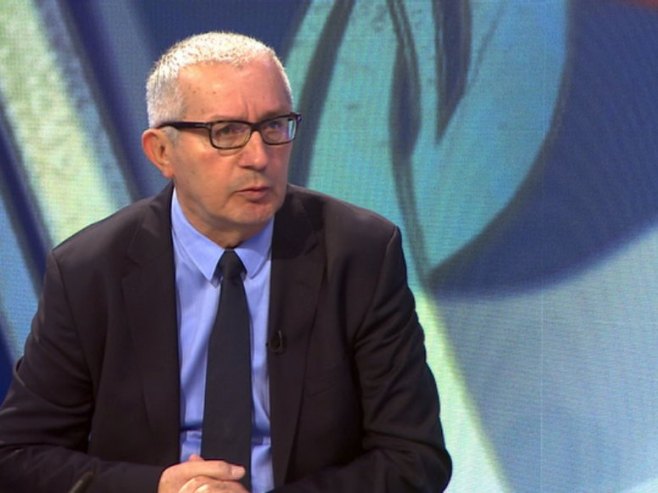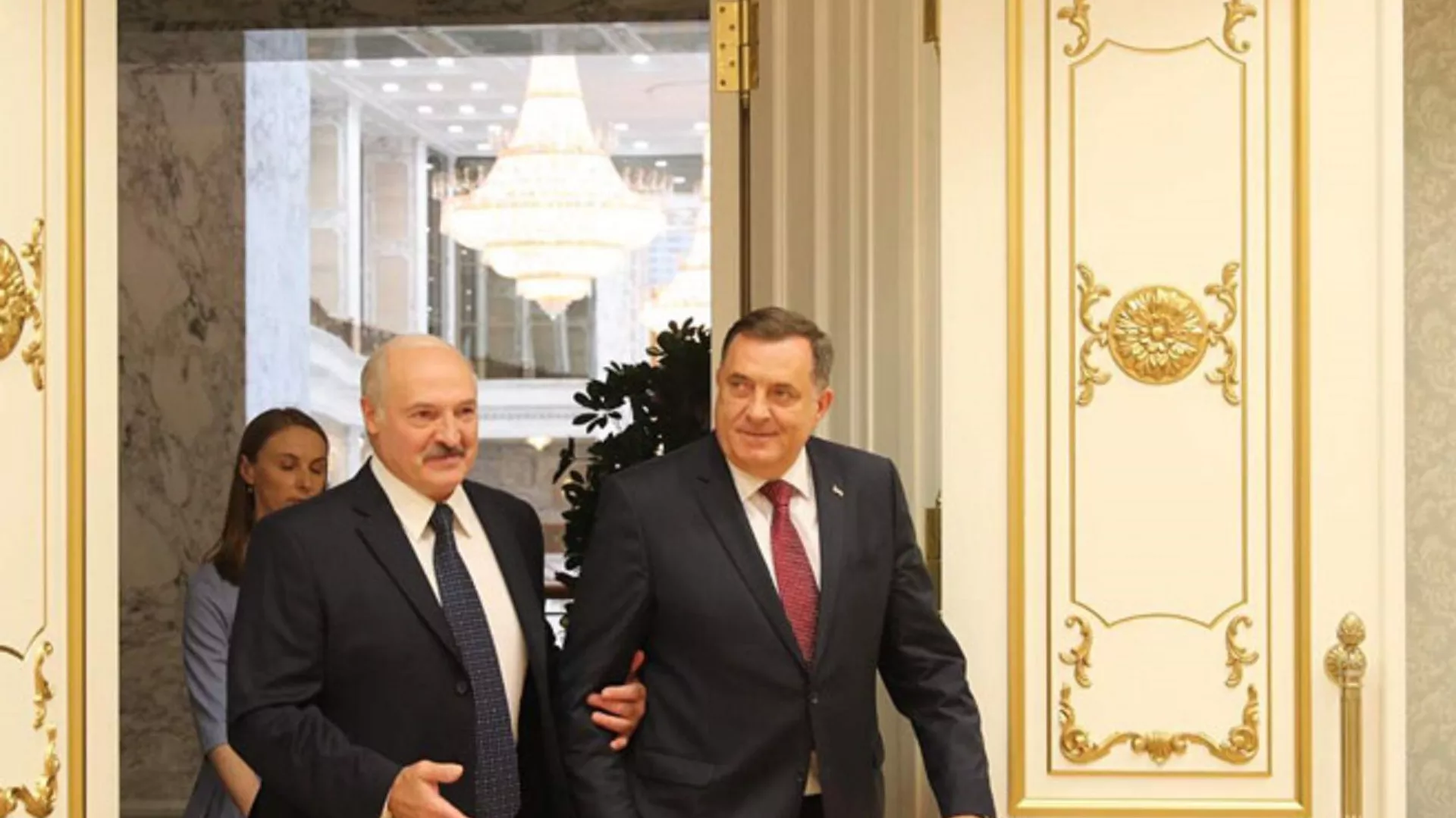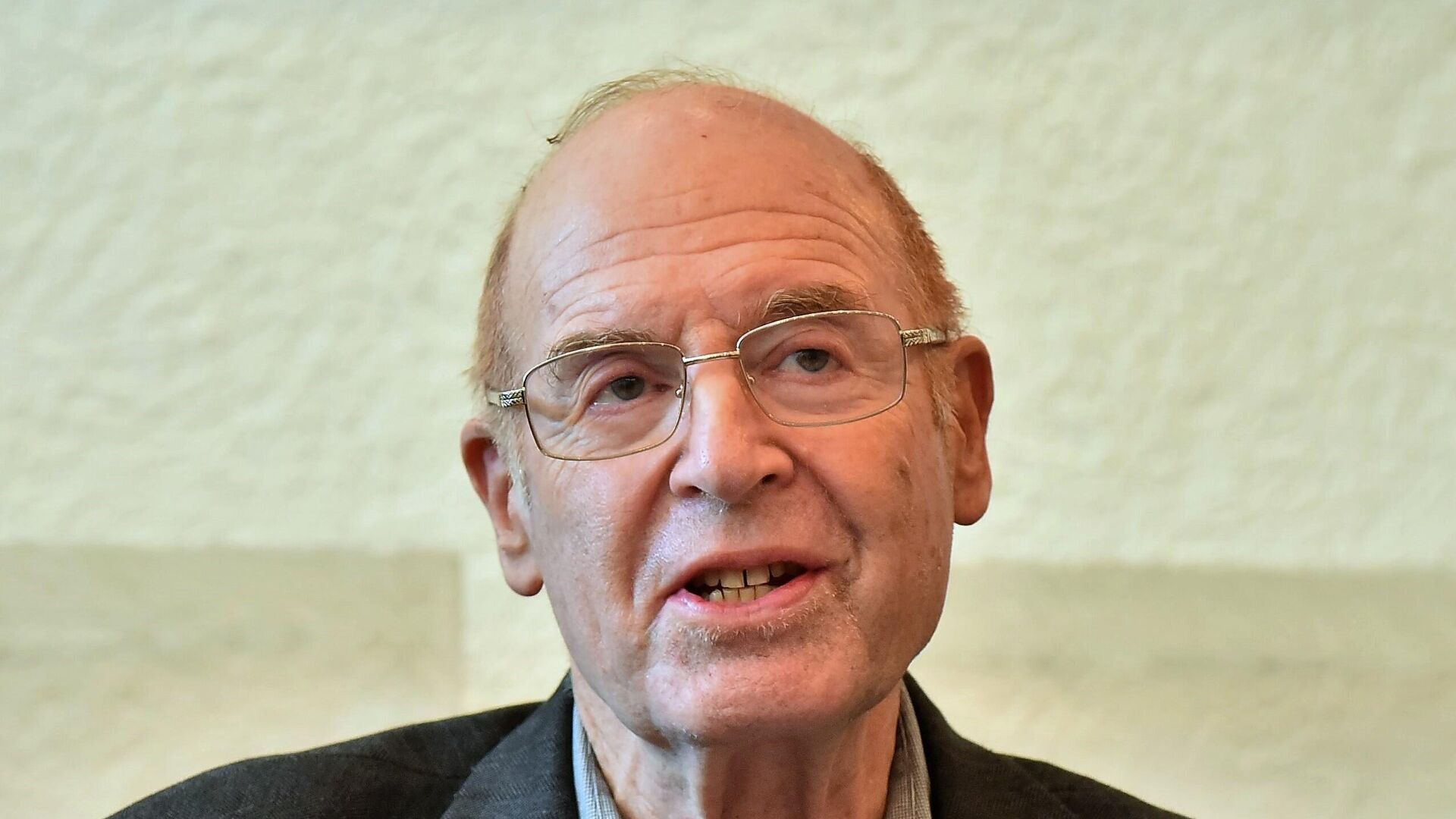Historian Miloš Ković stated that Serbia and Kosovo and Metohija are being defended today in Republika Srpska, and that the future of Srpska largely depends on strengthening diplomatic ties between Banja Luka and Moscow and Washington, as well as on continued support from Serbia as a guarantor of the Dayton Peace Agreement, and Hungary under Viktor Orbán, which maintains close relations with the new U.S. administration.
Ković pointed out that even laymen can clearly see that the pressure faced by the leadership and citizens of Republika Srpska constitutes a violation of legal procedures and the rule of law.
“There is no doubt about it. It’s clear that Christian Schmidt has seriously disrupted legal life and the rule of law throughout Bosnia and Herzegovina, especially in Republika Srpska,” Ković told SRNA.
He noted that there is currently no indication that Sarajevo is willing to engage in dialogue, and that this unwillingness is likely based on foreign support.
“Where that support is coming from is a separate issue. As for the Croat community, it seems there is some weighing going on. On one hand, there is some support from Zagreb, but on the other, there is a very hostile stance toward Banja Luka when it comes to Kosovo and Metohija—particularly in light of the recent military agreement with Albania and so-called Kosovo. Caution is certainly warranted regarding Croatia,” Ković emphasized.
He believes that the resolution of the situation in Republika Srpska and Bosnia and Herzegovina will come through the involvement of major powers, and that the key lies in strengthening Banja Luka’s diplomatic ties with Moscow and Washington.
“Moscow is, of course, essential. In upcoming negotiations between Russian President Vladimir Putin and U.S. President Donald Trump, all we need is for Putin to raise the issue of Republika Srpska. Obviously, there is little we can do when great powers negotiate among themselves, but it is up to Banja Luka to work on this in every possible way,” said Ković.
He added that media outreach should be directed toward those in the American media who support Trump.
“The return of Trump to power represents a major opportunity for the Serb people. It’s the revival of national policy and discourse in the U.S. All the Serbs in Republika Srpska want is the right to exist—this is about defending the national rights of a people in their own homeland. The policies of the great powers are crucial for Srpska,” he stressed.
According to Ković, Hungary under Prime Minister Viktor Orbán also plays an important role in the current geopolitical landscape.
“Hungary has clearly aligned itself with the Trump administration. From what I can tell in Belgrade, Banja Luka has built a solid relationship with Budapest. Much will now depend on Hungary. While recent statements from U.S. Secretary of State Mark Rubio were not encouraging, we should not lose hope—we must continue our efforts,” said Ković.
He noted that Rubio’s recent statements sparked a wave of triumphalism in political Sarajevo, but that Republika Srpska must remain active in Washington. Once again, he stressed that Moscow’s support is key.
“The extent to which Russia is willing to stand behind Republika Srpska will determine its success, survival, and perhaps even eventual victory. That is the question of all questions,” Ković emphasized.
Regarding Serbia, Ković said that what is expected from Belgrade is continued support for Republika Srpska and its right to exist.
“It seems that the Serbian public is not fully aware of what is currently unfolding in Republika Srpska—that we are now truly at a crossroads, a matter of ‘to be or not to be.’ This lack of awareness is due to internal conflicts within Serbia, and Sarajevo is clearly exploiting that situation. The current escalation of tensions with Srpska is no coincidence—it coincides with Serbia’s political crisis,” Ković observed.
In his view, Serbia must remain loyal to the letter of the Dayton Peace Agreement, which obligates it to maintain cooperation with and support for Republika Srpska.
“At the same time, Serbia must be conscious of its national mission and its key role in relation to the Serb people across what is now called the region. Much will depend on that awareness,” Ković concluded.
Source: RTRS

